Creating Handmade Soaps that Better Your Day!

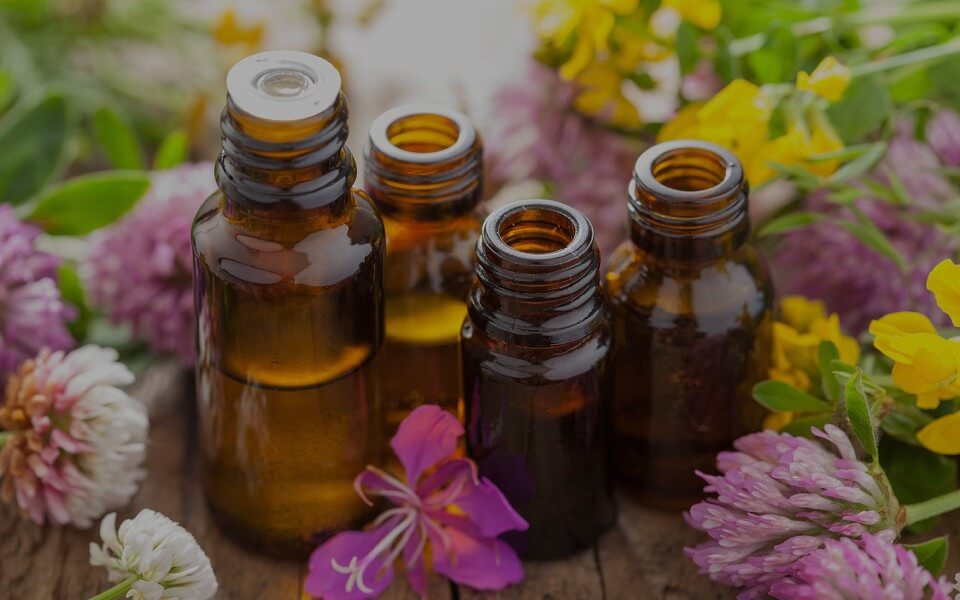

Coconut oil is obtained from copra, which is dried coconut meat. A percentage of coconut oil in cosmetics is moisturizing, however, too much of it can be drying. It produces a hard bar of soap with quick fluffy lather.
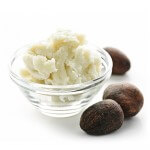
Shea butter is expressed from the pits of the African Kerite Tree. Shea butter is used for foot and body care. Approximately 11 percent of it does not combine with sodium hydroxide (lye) to form soap leaving it in its original state to moisturize and nourish the skin.
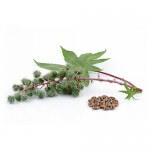
Castor oil is a vegetable oil obtained by pressing the seeds of a castor oil plant. Castor oil acts as a humectant, a hygroscopic substance used to keep things moist, by attracting and moisturizing the skin.
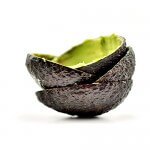
Avocado oil is obtained from the pulp of the avocado. A high percentage of this oil does not combine with sodium hydroxide to make soap. It’s components are moisturizing and healing. Once applied, avocado oil is deeply absorbed by the skin, thus making it an ideal moisturizer and skin care agent.

Olive oil is a very good moisturizer. It attracts external moisture and holds the moisture close to the skin, and forms a breathable film to prevent loss of internal moisture. Olive oil does not block the normal functions of the skin, such as sweating, releasing sebum, and shedding dead skin cells.

Because municipal water treatment facilities can’t remove all toxins, it is recommended to use distilled water. Tap water contains minerals or impurities that would interact with sodium hydroxide (lye). The purist soaps use distilled water.
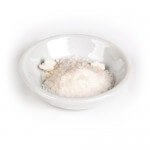
Soap is the result of a chemical reaction between oil and lye. The reaction is called saponification. Handmade soap is gentle in that the lye is all used up during saponification.
Soap purchased at the store may list “sodium palmate” which is the chemical name for mixing palm oil and sodium hydroxide. The lye that went into the making of sodium palmate was already used up so they did not have to list the lye.

Essential oil is produced from a plant, sometimes diluted with a carrier oil. The plant oil may be distilled with what er or steam, or may be extracted with solvents or carbon dioxide. Some essential oils can cause allergies, some are recommended for use during pregnancy and some don’t work well in soap as they fade quickly.
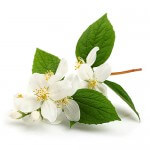
Fragrance oil is a synthetic version of essential oils that contribute lovely scents to soap. These oils are formulated by a perfumer. The oils consist of Top Notes, Middle Notes and Base Notes in fragrance. These oils are heavily tested in soaps and other cosmetics before they are sold. They are considered skin safe oils.

Palm kernel oil is obtained from the kernels of the African or oil palm tree. Resembling coconut oil, palm kernel oil is packed with myristic and lauric fatty acids and therefore suitable for the manufacture of soaps, washing powders and personal care products.
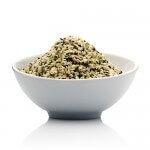
Hemp seed oil is derived from the seed of the plane Cannabis Sativa. The plant was banned in the United States in 1937. It is still grown in Europe and Canada. Hemp seed oil is thought to soothe dry skin and has been shown to relieve the symptoms of a skin disease called eczema.
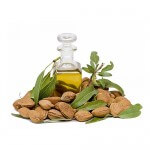
Almond (sweet) oil is rich in vitamins A, B and E, which are great for skin health. It produces a stable lather and conditioning for the skin. The oil is good for application to the skin as an moisturizer, and has been traditionally used by massage therapists to lubricate the skin during a massage session.
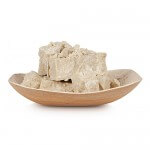
Cocoa butter is pressed from cocoa beans as a by-product of making chocolate. Cocoa beer lays down a protective layer that hold moisture to the skin. It can be an allergen to some people.
Copyright © Suds-delisous, LLC. All Rights Reserved.